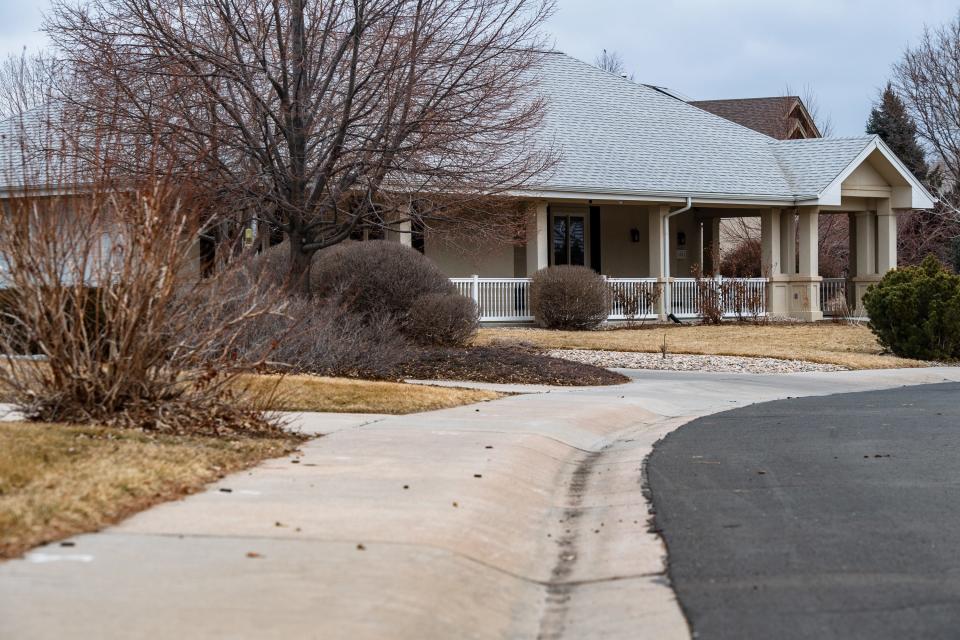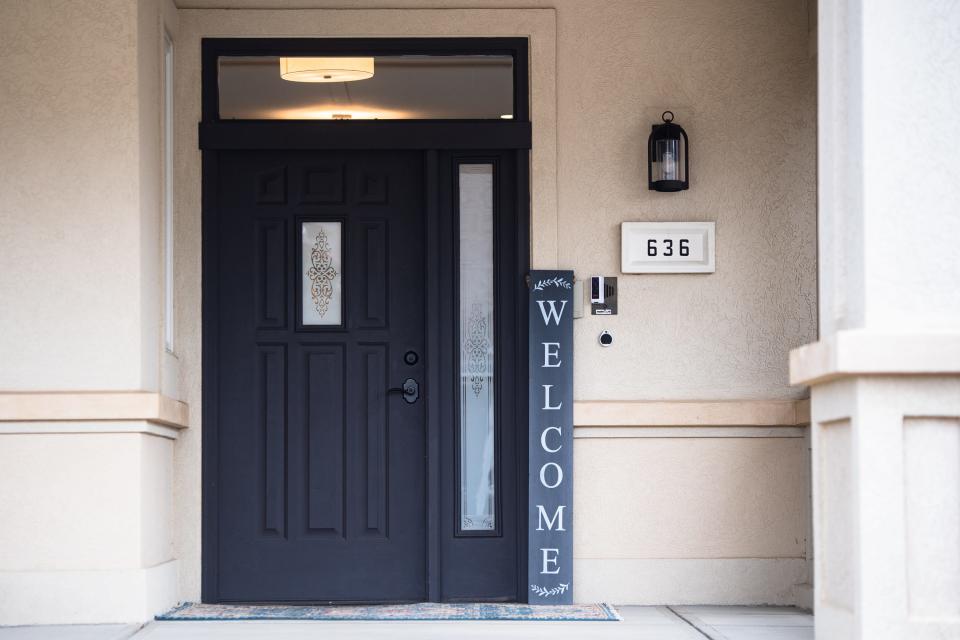Fort Collins City Council denies neighbors' appeals of dementia group home decision

A group home for adults suffering from dementia will be allowed in a south Fort Collins neighborhood after City Council early Wednesday morning denied two appeals of the city planning and zoning commission's affirming decision.
The Fort Collins Planning and Zoning Commission on Dec. 15 approved homeowners Eric Shenk and Xioma Diaz's proposal for a group home for up to 10 residents at 636 Castle Ridge Court.
Following the approval, Dr. Steve Sunderman filed an appeal Dec. 21. Kurt Johnson and 11 neighbors filed a separate appeal Dec. 28.
Both appeals claimed the commission failed to property interpret the city's land use code. Sunderman's appeal also contended the commission was biased against the property's neighbors, failed to conduct a fair hearing and ignored previously established rules of procedure. He said city staff and planning and zoning chairman David Katz failed to follow required procedures, broke promises to comply with required procedures and meetings, and repeatedly tried to silence opponents.
Neighbors repeatedly argued the group home was not compatible with their single-family neighborhood and that their private road was too narrow to accommodate the associated increase in traffic and on-street parking.
As the clock neared 1 a.m. Wednesday, City Council unanimously denied the two appeals after nearly three hours of testimony and deliberation.
The issue of neighborhood compatibility is subjective, Mayor Jeni Arndt said, "but I find the work by the planning and zoning commission to be within code and the conditions were reasonable." Adding more conditions, including restricting delivery hours and requiring visitors and service providers to park on one side of the street, would create "double standards," she said, and were unnecessary.
"I don't see adding conditions, but I hope the applicant is a considerate neighbor and would work on those things anyway," council member Shirley Peel said.
Council member Tricia Canonico added: "Nothing I've read has convinced me there was not a fair hearing."
Sunderman said Wednesday the council circled the wagons around what he called planning and zoning's predetermined outcome. "They did everything they could to prevent our neighborhood from protecting itself," he said. "They're ending up protecting a couple that is out to make massive amounts of money by using a protected class."
In a statement, Sunderman said the commission was motivated by ideology rather than by respect to zoning rules, codes, covenants or fairness to the community. "The decision was clearly pre-determined ... I believe the City Council did not uphold its duty to Fort Collins."
Johnson acknowledged the city's land use code allows group homes in the neighborhood but asked council to apply conditions "necessary to ensure neighborhood compatibility" and implement a staged approach that would allow the group home to open with fewer residents. If, after two years, the home "could prove compatibility" with the neighborhood, it could add additional residents.
"It is far too risky to approve 10 residents without hard data when it's in a challenging location like this," Johnson said.
The commission's December approval for a scaled-down facility came several months after it unanimously denied a proposal for larger, 16-person group home, citing lack of parking in the residential neighborhood.
Development news:Approval of asphalt plant in Wellington put on hold for more air quality data
Michelle Pinkowski, Shenk and Diaz's attorney, said the project would not be financially viable with fewer than 10 residents.
The group home would be the only small memory-care home in Fort Collins, would be licensed by the Colorado Department of Public Health and Environment and would provide a home-like setting for people with dementia and Alzheimer's, Pinkowski said. "We don't want to lose sight that is the population we are talking about."
Following the decision, Shenk said the process was important and they "recognize that our community members are good people that, like us, have organized their lives toward helping others. We also recognize that misinformation and fear of the unknown can stir people to say and act in ways that is not representative of their best selves. We look forward to getting to know the members of our community for who they really are."

He thanked the council, commission and city staff for evaluating the appeals in the context of federal civil rights law and for forward-thinking public policies regarding the rights of all people to live in residential communities of their choice.
Now "we intend to redouble our focus on helping people with memory care challenges and serving as an asset to Northern Colorado."
What comes next?
Council's decision can be appealed to Colorado's Eighth Judicial District Court, and Sunderman did not rule that out. "I haven't decided yet, nor have the neighbors."
If neighbors pursue further action, recoverable damages "could be in the millions," he said, based on the decreased value of our homes and the decreased appeal of the neighborhood. "They are destroying the neighborhood."
This article originally appeared on Fort Collins Coloradoan: Fort Collins City Council denies appeals of dementia group home
